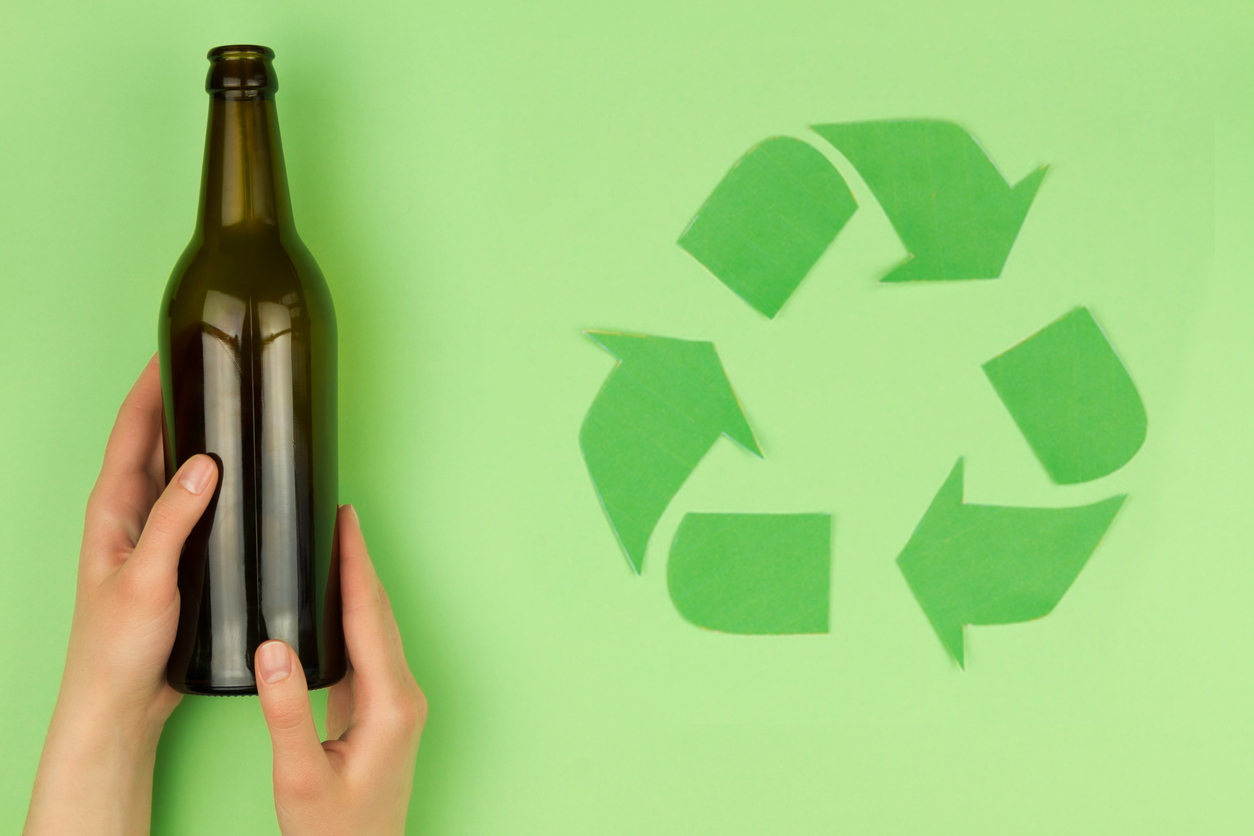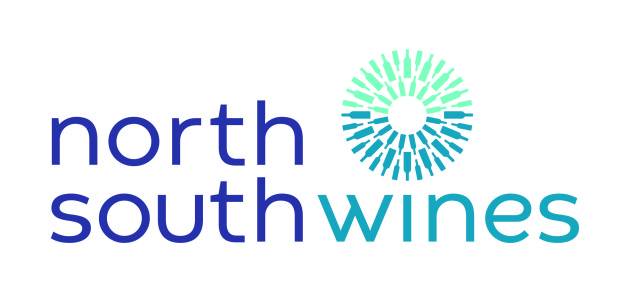
Porto Protocol’s online climate debate puts bottle weight in the crosshairs
Does glass have a place in the world of tomorrow as the main container of wine – and do consumers even want a glass bottle anyway?
These were two of the burning questions put to an all-star panel of packaging experts at Thursday’s Porto Protocol virtual roundtable – the first of its kind to kick off on Youtube following Covid-19 lockdown.
Chief among the topics was the long-held belief that the weight of bottle is an indictor of the quality of the wine inside, and whether commercial realities negate the need for climate action.
Nicolas Quille, of US-based Crimson Wine Group, was unequivocal in his call for a rethink on heavy glass bottles.
“Weight is one of those urban legends,” said the winemaker, whose company has worked to cut the bottle weight of its products from 580g to 505g over the past few years, decreasing the amount of waste by 13% (and carbon footprint) in the process.
“We’ve been told that high-end buyers value a heavier bottle. To me it’s not an interesting question to entertain because we have to reduce weight of bottle. It’s just greedy to say ‘I want to sell my product, I know it’s terrible for the planet but, commercially, it’s the best thing to do’.
“To me, the important thing that anyone could do in the wine business is take the weight out of the glass bottle. I don’t care if you installed solar panels, or if you farm biodynamically - if you’re using heavy glass, you are upsetting any other efforts and you’re lying to yourself.”
Quille made the comments at The Elephant in the Room: Sustainable Packaging in Wine, the first of a series of Climate Talks organised by the Taylor’s Port-backed Porto Protocol.
It was hosted (and is still available) on YouTube and aimed to look at the bottle – the part of the wine industry’s output that contributes the most to the product's carbon footprint.
Santiago Navarro, the UK-based founder and CEO of flat-bottle producer Garçon Wines advanced the discussion by turning from glass to plastics and PET – the most used type of plastic worldwide.
His bottles, made from recycled PET (rPET), will go someway to challenge glass’s dominant position, he said.
“You can’t lightweight a glass bottle to come close to PET. I wish there was more effort from glass producers to create beautiful decanters. How we’re still using heavy glass bottles for wine made in Chile and drunk in Shanghai, I don’t know. It’s madness.”
Asked whether we should be listening to the consumer or the trade on glass bottle weight, his answer was ‘neither’.
“We should listen to mother nature. The global pandemic is a case of the situation beginning to self correct. This is an appetiser. The main course is on its way.”
Tiago Moreira da Silva, MD of Portuguese glass manufacturer BAGLASS, had a slightly different view, saying that the ultimate decision on heavier bottles had to come from the consumer, and ‘no one else’.
He admitted however, that “there are a lot of cases where wine producers are selling wine bottles to the supermarket, very cheap wine using a very heavy bottle, and we're talking about differences between 20 to 30% in terms of weight. So there is something we can do with that.”
A number of other initiatives were also highlighted, including a major project in Europe for glass producers to jointly invest in a hybrid furnace which would reduce their combined emissions by 50%.
All agreed that the groundswell of support for climate action over the past few years – and the current situation with Covid-19 – will put even more pressure on the industry for positive action.
Fresh from a major new partnership with Accolade and its Bristol-based bottling plant Accolade Park, Navarro said: “One of the beauties of the world of wine is also its problem - we like to drink wine from across the world, but we have to transport it. One thing I think we can all agree on is that we shouldn’t take a one-size-fits-all approach. We need horses for courses. At Garçon Wines, we’ll continue to challenge glass’s dominant approach.”
The next Climate Talk by Porto Protocol, Sustainable, Organic and Biodynamic Viticulture: A Carbon Footprint Approach, is set for Thursday 14 May, at 5pm GMT.
Keywords:
- wine
- UK
- US
- Producers
- weight
- it’s
- climate
- MD
- bottles
- bottle
- one
- Porto Protocol
- glass
- heavy
- glass bottle
- bottle weight
- heavy glass
- glass’s dominant
- using heavy glass
- challenge glass’s dominant
- heavy glass bottles
- portuguese glass manufacturer
- glass bottle weight
- PET
- BAGLASS





